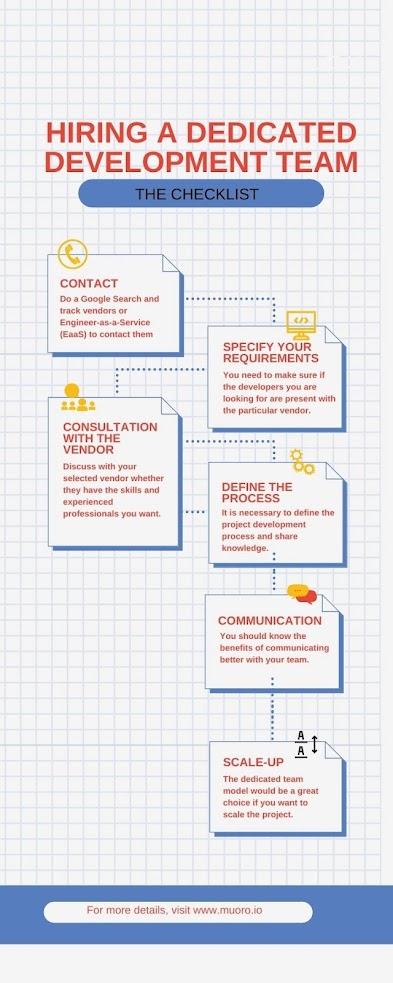At this point, you’ve probably heard about all the jokes there are about boomers, millennials, and gen-zs’ there are out there. Most of them even revolve around offices and work ethics. But, little did you know all these usually try to relate with in-house teams, as in when different generations try and work together under one roof. It’s a whole different ball game when you go online or are using offshore talent. Not only do you have to contend with generational differences, but cultural ones too.
So, if you’re trying to hire remote
distributed engineers, particularly of the Gen-Z persuasion, then there are a
few things you will want to be wary of. Even though all job-interest surveys point
to the fact that Gen-Zs like coding as a profession, they have very different
employer expectations from their older peers. Here are a few things to keep in
mind when creating a recruitment drive targeting Gen-Z software engineers.
Make It Easy For Them to Find You
Since Gen-Zs were born between 1996 and 2001, all of them are digital natives. Computers were ubiquitous and the internet was already a part of day-to-day lives by the time they were 10 years old. Gen-Z coders are extremely proficient at using the net to discover opportunities and find answers. They also spend around 3 hours per day on social media, more than millennials or baby boomers.
All this means is that whether they say
yes or no to your offer depends heavily on what they find about you online, or
not. Your social media posts, news pieces, ex-employee, and customer reviews
will rank higher in their selection criteria.
Do make sure that your brand voice,
testimonials and website design and application formats are intuitive and
straightforward. Also note that a lack of (or, shaky) digital presence will be
disadvantageous as it’s typically interpreted as not being up to date. Consider
building your presence on LinkedIn, Github, Stack Overflow, Reddit, Quora, and
Glassdoor.
Answer Every “Why” You Can Think Of
Put yourself in your prospective employee’s shoes. They can work from anywhere, have a huge number of applications to fill up in a day, and have a ton of other things to do as well. If you’re going to force in-person interviews, whiteboard coding challenges, multiple trips to the office, and no work-from-home or telecommuting options, you’re not going to be able to hire remote distributed engineers effectively.
The modern worker expects a seamless interaction with their prospective employers for a good reason. Many older verification methods are not only obsolete, but very time-intensive, and pointlessly so.
There’s no information you can extract in
person that you can’t from a zoom call. It’s well established that people are
most productive when working in familiar surroundings. Similarly, if you create
an online job application, ensure it doesn’t ask questions you can expect
answers to from a resume.
Look Past University/College Names and Past Employers
Both Gen-Z and Millennials are vary of the fact that high tuition fees don’t necessarily mean high-quality education. Modern ed-tech has evolved enough to offer adequate instructions via online mediums very affordably.
Consequently, many coders today simply opt to upskill themselves. Also, the sheer speed at which technology is changing today means traditional university education has become just too expensive since workers can’t pay hundreds of thousands every time they want to learn a new skill.
However, self-taught developers are often victims of credentialism and prestige hiring practices whereby they are ignored in favor of lesser skilled options with good references and in-person networking skills. We’ve stated before that always looking for better credentials is part of the reason why we have a “talent shortage” today.
When trying to hire remote distributed
engineering teams, design recruitment practices that look past brand names and
can map raw potential to in-demand skills fast. The rationale here is skills
and talent should be able to market themselves and shouldn’t need a big name to
make their case.
Or, Let Us Do All The Heavy Lifting
There’s a lot that a recruitment drive
needs to cover when targeting demographics. At Muoro, we design highly specific
and tailored hiring programs that attract, convert, and retain the best talent
out there. We’ve developed proprietary technologies and techniques that address
the shortcomings of older recruitment methods. Try us out with our free, full-feature
2-week trial, or contact us for more information.
For more information visit us: www.muoro.io














